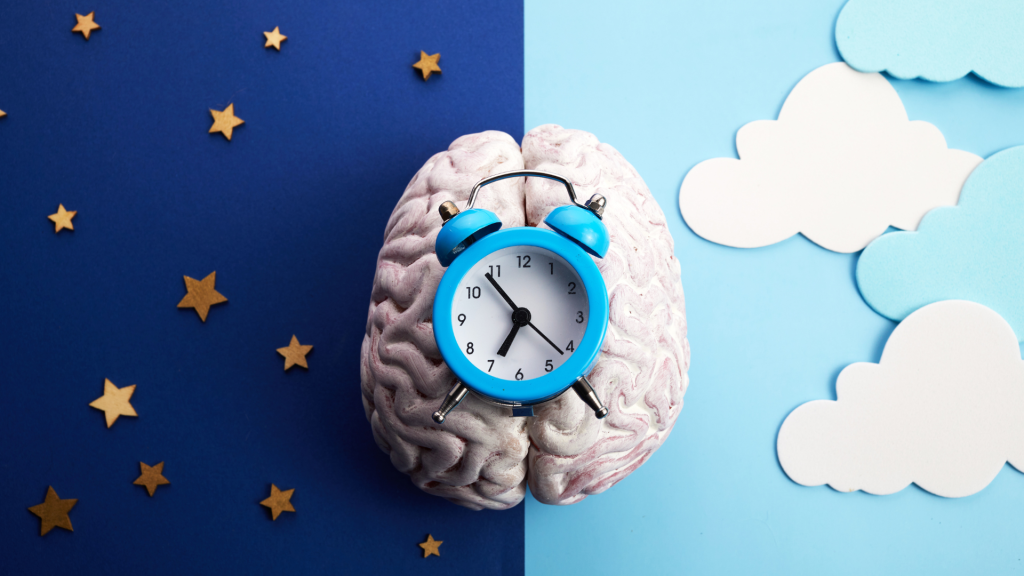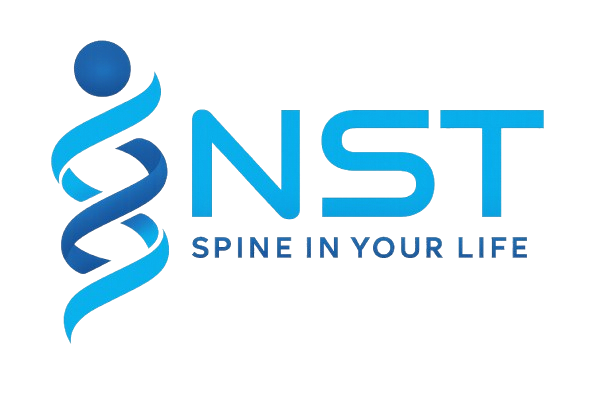
Our bodies operate on a complex network of internal clocks, collectively known as circadian rhythms. These rhythms regulate various physiological processes, from sleep-wake cycles to hormone production. However, modern lifestyles often disrupt these delicate cycles, leading to a host of health issues.
Understanding Your Body’s Master Clock
The suprachiasmatic nucleus (SCN) in your brain serves as the master clock, coordinating the countless peripheral clocks found in your organs and tissues. These peripheral clocks regulate local functions, ensuring your body operates in harmony.

Factors Affecting Your Circadian Rhythms
Several factors can disrupt your circadian rhythms, including:
- Shift work: Working irregular hours can throw off your body’s natural clock.
- Jet lag: Traveling across time zones can disrupt your sleep-wake cycle and other bodily functions.
- Artificial light exposure: Excessive exposure to artificial light, especially at night, can interfere with your body’s natural sleep-wake cycle.
- Poor sleep hygiene: Inconsistent sleep patterns and exposure to electronic devices before bed can disrupt your circadian rhythms.
- Stress: Chronic stress can negatively impact your body’s ability to regulate its internal clock.

The Role of Neurostructural Integration Technique (NST)
While optimizing light exposure, meal timing, and sleep is crucial, NST can offer additional support for optimizing your circadian rhythms. By addressing structural imbalances and promoting optimal nervous system function, NST can help:
- Improve sleep quality: NST can help alleviate physical discomfort and tension that may be interfering with your sleep.
- Enhance stress management: By reducing physical stress and tension, NST can help promote relaxation and improve your body’s ability to cope with stress.
- Optimize nervous system function: NST supports the nervous system’s ability to adapt to changing conditions, including shifts in circadian rhythms.
- Enhance body awareness: Improved body awareness can help you recognize and respond to your body’s internal cues and rhythms.
Tips for Synchronizing Your Circadian Rhythms
In addition to NST, consider these tips to help regulate your circadian rhythms:
- Prioritize natural light: Aim for consistent exposure to sunlight in the morning and minimize artificial light exposure in the evening.
- Maintain a consistent sleep schedule: Go to bed and wake up at the same time each day, even on weekends.
- Create a relaxing bedtime routine: Establish a calming routine before bed to signal to your body that it’s time to wind down.
- Limit screen time: The blue light emitted by electronic devices can interfere with sleep, so avoid using screens for at least an hour before bed.
- Manage stress: Incorporate stress-reduction techniques like meditation, yoga, or deep breathing into your daily routine.
By combining the power of NST with healthy lifestyle practices, you can optimize your body’s internal clock and experience improved sleep, energy levels, and overall well-being.
Ready to optimize your circadian rhythms? Contact a qualified NST practitioner today to learn how we can help you achieve a healthier, more balanced life.
